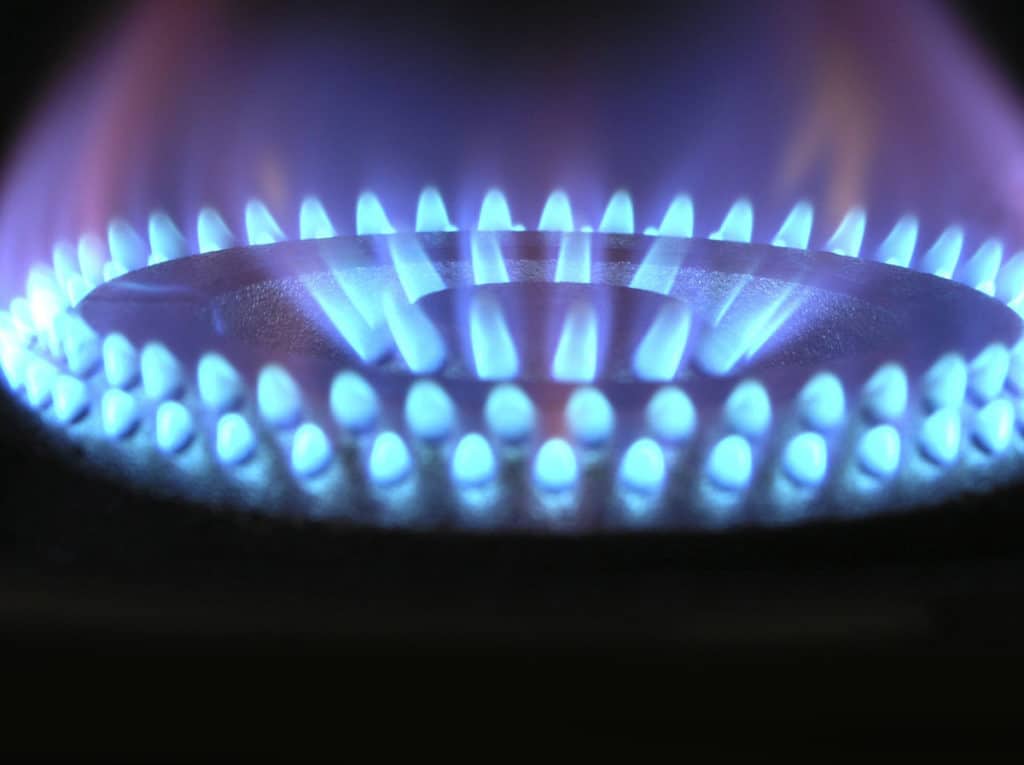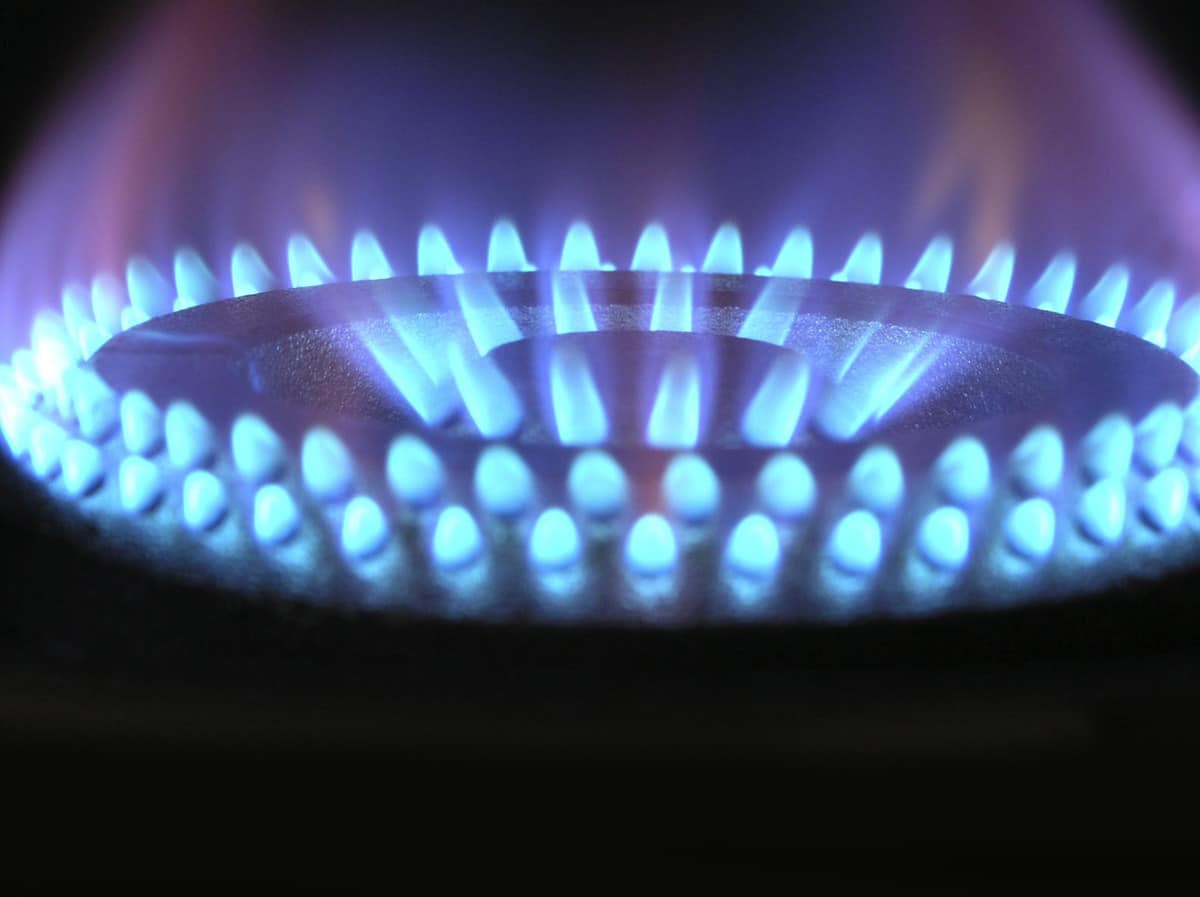A Guide to Detecting and Preventing Gas Leaks and Explosions

The majority of households in Ohio use natural gas as their heating source, at 65.5 percent, according to the U.S. Energy Information Administration. This fuel source has the potential of leaking out of pipes and creating a significant hazard to your health and home.
Households on Woodstock on the East Side learned this firsthand in 2018 when a 2-inch gas line ruptured, and residents were evacuated from the area. It’s essential to know how to detect and prevent gas leaks in Ohio to keep your home and family safe from harm.
Signs of a Gas Leak
Natural gas does not normally have an odor, but a chemical called mercaptan is added to improve its safety. If there’s a gas leak, you would smell a rotten egg odor in the air.
What to Do If You Have a Gas Leak
Natural gas is highly flammable, so it’s important to follow several steps to prevent a fire.
- Avoid turning any electronics or lights on or off if you have a leak. This guideline applies to anything that uses electricity or batteries. If you use these devices, it could create a spark that ignites the gas.
- Use stairs instead of an elevator and avoid going to your car.
- It’s also important to avoid using lighters, matches, and similar fire-starting devices. As you escape from your home, open up as many doors and windows as possible.
If you have a gas meter located outside of your home and it’s easily accessible, it may have an emergency control valve that will stop the flow of gas into your home. After you check the gas meter, move away from your home, and retreat to a safe distance. Call your gas company’s 24-hour emergency line to report the leak and to receive additional instructions from the responder. Gas leaks are a serious hazard, so your gas company will quickly dispatch help. While you wait for their assistance, do not go back into your home for any reason.
Causes of a Gas Leak
You may encounter gas leaks for one or more reasons:
- Your furnace is damaged or not working properly
- Your gas pipes have holes in them due to corrosion
- Your gas-powered appliances and pipes were not installed correctly
- A gas main was damaged by contractors digging into the ground
- Your appliances are not properly maintained
Signs of a Gas Leak
The most obvious sign of a gas leak in your home is the smell of gas. If you are feeling sudden lightheadedness, dizziness, or nausea, step outside and get some fresh air.
If symptoms go away in the fresh air, this could be a sign that you are sensing a gas leak inside of your home or carbon monoxide poisoning.
- You should still check your appliances for tell-tale signs of a gas leak. For example, the flame on your stove should be clear blue rather than a yellow or orange.
- Get any pilot lights checked if they seem to be going out very often.
- Look out for any soot or scorched areas around your appliances.
- Watch for excessive condensation on windows or a musty smell in the air of your home.
Installing a Gas Leak Detector in Your Home
A gas leak detector monitors the natural gas in the air surrounding it. Much like a fire detector, it goes off if the gas level exceeds a safe threshold. This device comes in many models, and most are easy to set up with a DIY installation. You typically mount it onto the wall or ceiling. Hardwired detectors and smart detectors may have a more extensive installation process.
The position of the gas leak detector is key to using it effectively. You want it located in areas that have gas appliances, such as your furnace or an oven. Test the alarm to ensure that it works properly and hasn’t run out of power.
Gas leaks are scary to think about, but detecting them and knowing exactly what to do helps you stay safe.
Comments are now closed




Comments